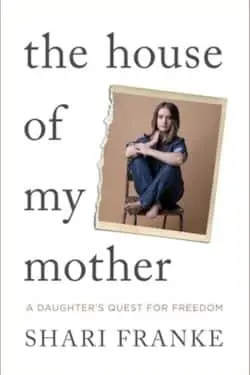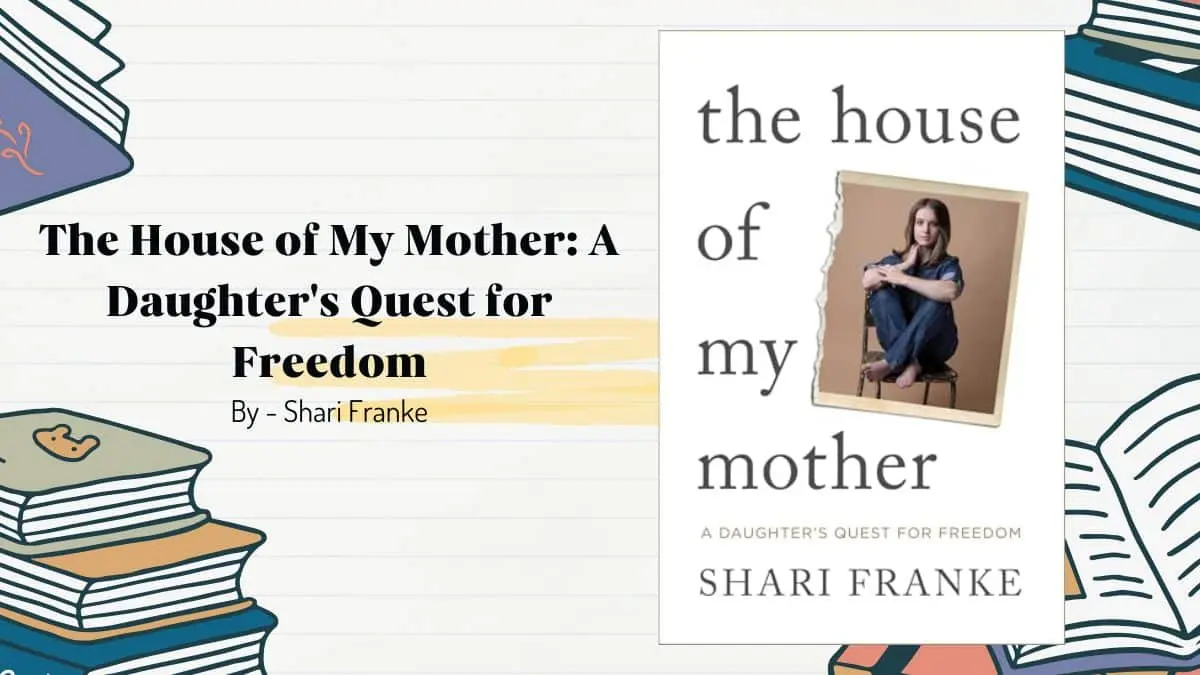Shari Franke’s memoir, The House of My Mother: A Daughter’s Quest for Freedom, offers a profound and unflinching look into the hidden realities behind the popular “8 Passengers” YouTube channel. Through her narrative, Shari unveils the stark contrast between the idyllic family image portrayed online and the harsh truths of her upbringing.
The Facade of Perfection
To millions of subscribers, “8 Passengers” showcased the daily lives of the Franke family, emphasizing wholesome values and the dynamics of raising six children. Ruby Franke, the matriarch, was celebrated as a model mother, embodying the virtues of a devout Mormon household. However, as Shari reveals, this digital portrayal was meticulously crafted, concealing a reality far removed from the cheerful videos.
Unveiling the Hidden Abuse
Beneath the curated content lay a regime of strict discipline and control. Shari recounts instances of severe punishments, including food deprivation and physical restraints. These actions were often justified under the guise of moral and religious righteousness, with Ruby enforcing a stringent moral code that left little room for personal freedom or dissent.

The Influence of Jodi Hildebrandt
The situation intensified with the involvement of Jodi Hildebrandt, a relationship coach who became closely associated with Ruby. Together, they implemented an even more rigid disciplinary system, further isolating the children and enforcing compliance through fear and manipulation. Shari’s memoir delves into this partnership, highlighting how it exacerbated the already oppressive environment within the household.
A Daughter’s Journey to Freedom
Central to the memoir is Shari’s personal journey from subjugation to self-liberation. She narrates her struggles to assert her identity amidst the overwhelming control exerted by her mother and Hildebrandt. Her path to freedom was fraught with emotional turmoil, but ultimately, it led her to break free from the constraints imposed upon her, allowing her to share her story with the world.
Reflections on Family Vlogging and Privacy
Shari’s account raises critical questions about the ethics of family vlogging. She discusses the pressures of living under constant public scrutiny and the potential exploitation inherent in monetizing family life. Her experiences underscore the importance of safeguarding children’s rights and privacy in the digital age, prompting readers to reflect on the boundaries between public content and personal well-being.
Critical Reception
Readers have responded to Shari’s memoir with a mix of admiration and introspection. One reviewer noted, “This book is a beacon of hope, a story of strength and resilience.” Another reflected on the broader implications, stating, “It made me reflect on how much influence a faith like the LDS religion can have on shaping one’s worldview and decisions.”
Conclusion
The House of My Mother is more than a personal memoir; it is a courageous exposé that challenges the narratives we consume and the realities they may obscure. Shari Franke’s story is a testament to resilience and a call to critically examine the content we engage with, reminding us of the complex human experiences that often lie behind the scenes.
Also Read: Onyx Storm: By Rebecca Yarros (Book Review)









